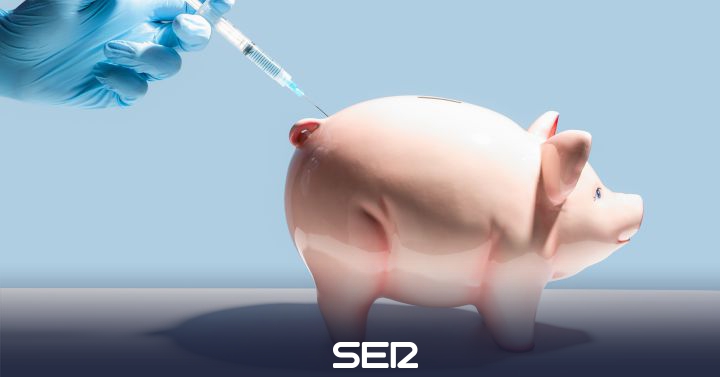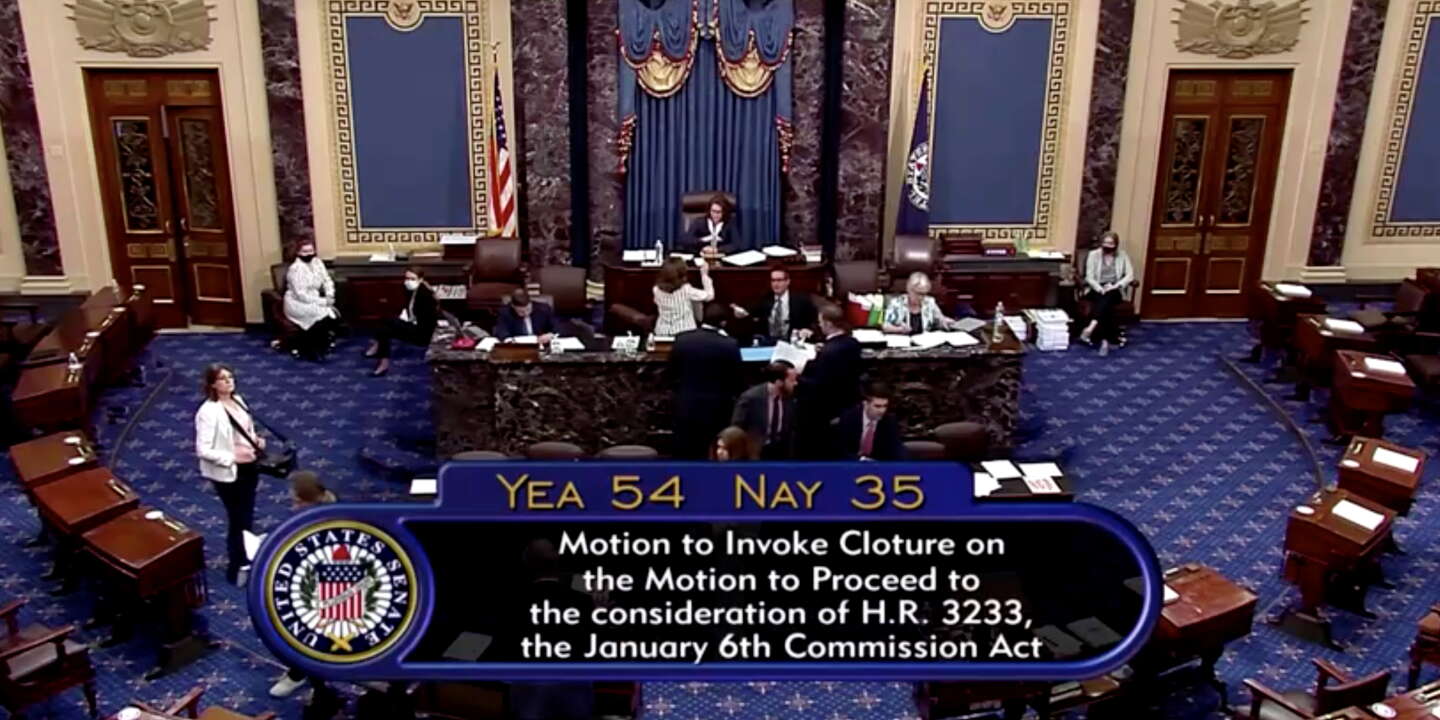The Spanish economy has been accusing the ravages of the coronavirus for a year. However, the coronavirus has only been the last link in a chain that began many years ago. This week the new report of the Organization for Economic Cooperation and Development (OECD), which analyzes the impact of the crisis in Spain; a report that did not yield very encouraging data on the country’s economy and that urged Spain to undertake some pending economic reforms in order to boost the recovery.
Santiago Niño has drawn attention in ‘La Ventana’ to the lack of measures in the report to control tax fraud, an aspect that he considers very important. “They do not recommend that Spain put the necessary resources to prosecute tax fraud when it is in the public domain that Spain is one of the European countries with the highest level”. A tax fraud that, as he has said, involves the loss of resources that could be used “to pay pensions.”
On the other hand, the Prime Minister, Pedro Sánchez, has revealed this Tuesday the main keys of the Recovery, Transformation and Resilience Plan in which it is defined how the 140,000 million euros corresponding to Spain will be used during the next six years. Niño-Becerra has been critical of the reasons that motivate the implementation of the plan. “It is distributing money under certain conditions (…) I am not saying that the countries are going to be bought, but Spain has been told that they give it around 70 billion non-refundable funds, but it has to reform the labor market, the type of hiring, introduce reforms in the pension system … “
“The press is selling it as if Spain already had that money in its pocket, but this is not the case. The plan must go through some preliminary channels: it must be presented to Brussels, where a commission of experts has to approve it. “In addition, the economist explained that “For two months, any country may challenge what has been granted to another country, so it could happen that something approved by Brussels is discarded by another country.”
Niño Becerra also highlighted the importance of the vaccination process being carried out quickly for the good of the health of the Spanish economy. “In the case of Spain, let us remember that one euro out of every three of Spain’s GDP is generated by the sum of tourism, hotels, restaurants, leisure and transport.“With a working model thus established, the economist has confessed not understanding those who say that the improvement of the economy is not incompatible with a massive vaccination. “The restrictive measures necessary to curb infections imply falls in GDP, so vaccination has to be accelerated”. It is precisely this need to avoid economic stagnation that, in his opinion, explains some of the latest government measures. “When the president said that the state of alarm was not going to be prolonged, he was thinking about the economy.”
Finally a few days ago Chinese manufacturer Segway-Ninebot introduced Apex H2;the new electric motorcycle of the future for road trips that will run on a hydrogen battery. Niño Becerra has been full of praise for this commitment to hydrogen. “The great advantage is that a vehicle is loaded in six minutes, but whether it is manufactured or not will depend entirely on market demand.”
–


